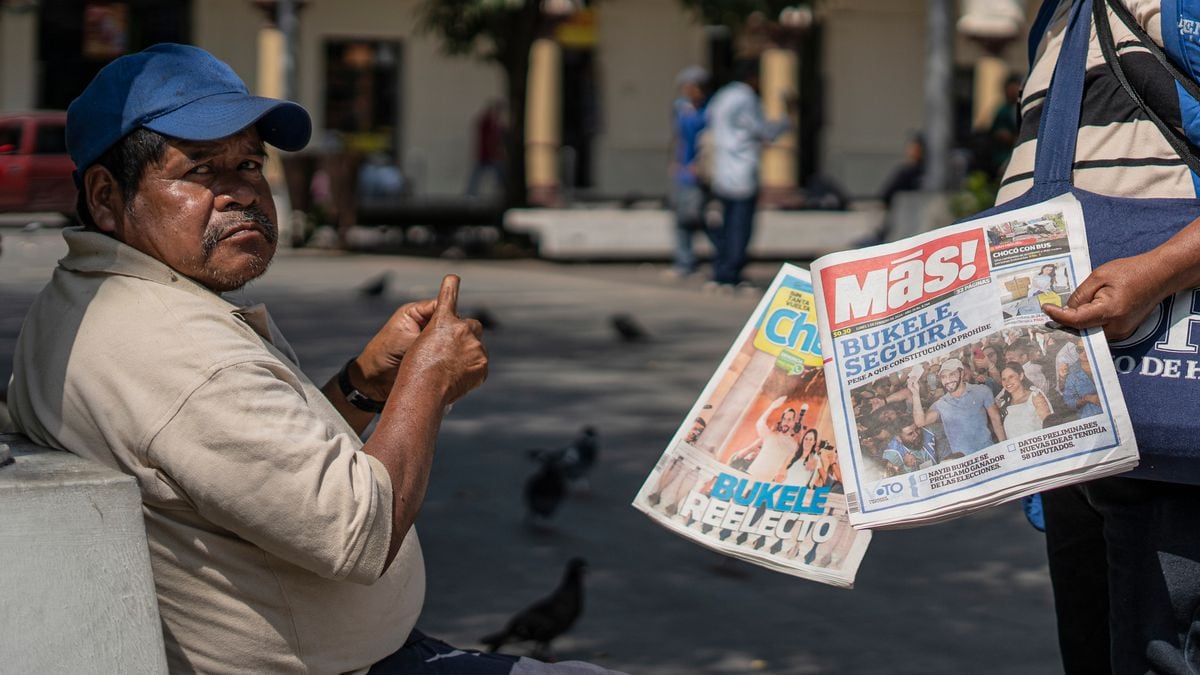Lula as winner: "They tried to bury me alive and here I am" 7:02
(CNN Spanish) --
After a long campaign and two electoral rounds, Luiz Inácio Lula da Silva was elected president of Brazil this Sunday and is preparing to face his third term - after a first experience between 2003 and 2010 - while all of America Latina wonders how the result will impact the largest and most important country in the region.
Lula da Silva had been the most voted candidate in the first round on October 8, obtaining 48.2% of the vote against 43.2% for Jair Bolsonaro, the current president who was seeking re-election.
The two faced each other again this Sunday in the second round, in which Lula da Silva obtained a tight victory with 50.9% of the votes, compared to 49.1% for Bolsonaro.
Lula's main challenges as president of Brazil: uniting a divided country and protecting the Amazon
After confirming his victory, Lula da Silva spoke of a political "resurrection" and told his supporters: "They tried to bury me alive and I'm here."
The turnaround in Brazil: what does it mean for Latin America?
Political turns have become a trend in Latin America, especially due to the strong impact of the covid-19 pandemic on governments, and in the last elections in the region it has been normal for the ruling party to lose and the opposition to replace them in the power: this year there has been a change of government in Brazil, Colombia and Costa Rica, in 2021 the same thing happened in Ecuador, Honduras, Peru and Chile, as in 2020 in Bolivia and the Dominican Republic.
Luiz Inácio Lula Da Silva speaks after being elected president of Brazil, on October 30, 2022 in Sao Paulo, Brazil.
(Credit: Alexandre Schneider/Getty Images)
Lula da Silva, former union leader and leader of the Workers' Party (PT), is an icon of the left and progressivism throughout the region, and will precisely replace Bolsonaro, a far-right Liberal Party.
This means a remarkable turn in a Brazil that, judging by the electoral result, is very divided, and in which the PT still feels the impact of the corruption scandals of recent years, for which Lula da Silva himself was sentenced to prison and later released — on charges the president-elect denies.
advertising
This new left in Latin America, also represented by Gustavo Petro in Colombia and Gabriel Boric in Chile, among others recently elected, is, however, different from that first wave of progressive leaders in the early 2000s—sometimes characterized as part of a "Socialism of the 21st century"—and of which Lula da Silva was a part.
Left or right?
This is the current political map of Latin America
As a symbol of the new era, Lula da Silva won the elections leading Geraldo Alckmin, of the Brazilian Social Democratic Party, as his vice-presidential candidate.
This former governor of São Paulo who ran in presidential elections against Lula da Silva in 2006 and against Bolsonaro in 2018 is considered a conservative centrist who offers a counterweight precisely to the PT.
The electoral strategy is not exactly new: Dilma Rousseff, protégé of Lula da Silva who succeeded him as president of Brazil in 2011, brought Michel Temer, from the Brazilian Democratic Movement, as vice president for similar reasons, and he ended up becoming an enemy of Rousseff and his replacement when the president was impeached in 2016.
Analysis of the second electoral round in Brazil 6:20
Thus, Lula da Silva will take office amid great expectations of change from a large part of the population, but he will also do so in a world very different from that of 2003, with a deeply divided Brazil where food is one of the main concerns and pressure is growing on the Amazon, constituted in symbol and central battle of climate change.
“As of January 1, 2023, I will govern for the 215 million Brazilians, not just for those who voted for me.
There are not two Brazils.
We are a country, a people, a great nation,” Lula da Silva said on Sunday night.
Food is one of the main concerns for millions of poor people in Brazil before the second presidential round
The role of Brazil in the world
When Lula da Silva began his first government in 2003, he received an orderly but uneven country, and his arrival coincided with the beginning of a period of high international prices for raw materials.
This, added to an economic policy of spending reduction, debt payment and support for job creation, led the Brazilian economy to experience years of high growth, which, in addition to social plans such as Zero Hunger, had a notable impact on poverty reduction.
At the same time, the terrorist attacks of September 11 diverted the attention of the United States in the region, and the assertiveness of Brazil grew enormously, becoming part of the BRICS group (Brazil, Russia, India, China and South Africa).
By 2011, Brazil had become the sixth largest economy in the world, in part due to the fall of the richest countries in the context of the Great Recession that began in 2009.
What challenge will Brazil face after the second round?
4:57
In those years, Lula da Silva was also critical of the international order: he was a promoter of the reform of the UN Security Council, and he reacted to the global financial crisis of 2008 and 2009 by saying that "we cannot become victims of the casino erected for the American economy.
The Bolsonaro government, on the other hand, inherited a Brazil just emerging from a long recession, and was hit hard by the covid-19 pandemic.
The global weight of the country, afflicted by years of political and economic crisis, suffered, and its economy fell to 12th place.
The favorable conditions of 2003 are no longer there, but expectations remain that the new government of Lula da Silva can restore growth, a very difficult goal, and the region is watching the performance of its largest economy and market.
The Amazon, in the center
During the first two governments of Lula da Silva and then Rousseff, Brazil came to be considered a model in terms of environmental policies, significantly reducing deforestation in the Amazon, according to the National Institute for Space Research (INPE), and committing itself in 2015, with the signing of the Paris Agreement, to reduce carbon emissions by 37% by 2025.
Lula: It is necessary to rebuild this country 4:30
However, the arrival of Bolsonaro to power caused a setback: both the deforestation of the Amazon, which concentrates 19% of the primary tropical forest, and carbon emissions increased, according to INPE, amid government criticism of environmental regulations. .
Bolsonaro's measures led to a relative isolation of the country in the world, especially criticized by countries of the European Union, especially France.
Now, with the victory of Lula da Silva, there is an expectation that this will be reversed.
In his government program, Lula a Silva focuses on sustainable development, and in the case of the Amazon, he assures that it is "imperative" to put an end to deforestation.
In addition, he proposes to crack down on illegal mining in the region and improve existing mining regulations.
The relationship with Argentina
Brazil and Argentina share a 1,263-kilometre border, and for much of the 19th and early 20th centuries they were regional rivals, even fighting a war between 1825 and 1828.
For decades, however, the countries, the two largest in South America, have been first-rate trading partners and have important international cooperation agreements, among which the Brazilian-Argentine Agency for Accounting and Control of Nuclear Materials (ABACC) stands out. , the Argentine-Brazilian Center for Biotechnology (CABBIO) and the Argentine-Brazilian Center for Nanotechnology (CABN).
Brazil is Argentina's main trading partner: in 2021, according to data from the Argentine Foreign Ministry, it was the first destination of its exports, for a total of US$ 11,768 million or 15.1% of the total, and the second destination of its exports. imports —behind only China— for a total of US$ 12,441 million or 19.7% of the total.
Argentina, meanwhile, is one of the main trading partners of Brazil, which in 2020 exported products for US$8.57 billion or 4% of the total, making it an important destination, only behind China and the United States.
Meanwhile, Brazil imported Argentine products for US$7,670 or 4.78% of the total for the same year, behind China, the United States and Germany.
Trade between the two countries, however, has been shrinking in recent years, amid economic stagnation in both countries and growth in China.
According to a document from the Argentine Ministry of Productive Development, at the beginning of the 2000s Brazil represented between 25% and 26% of Argentina's total trade, while in 2020 it had fallen to 17%.
In addition, Argentina is currently governed by President Alberto Fernández, former Néstor Kirchner chief of staff, and Vice President Cristina Fernández de Kirchner, so Lula da Silva's victory also means the reunion of old allies in Brasilia and Buenos Aires.
The Mercosur
Brazil, Argentina, Paraguay and Uruguay are the founding partners of the Common Market of the South (Mercosur), a regional integration process, according to its website, which began in 1991 with the Treaty of Asunción.
Mercosur expanded to include Venezuela — later suspended for its violation of democratic principles — and in 2019 the bloc made progress on a historic agreement with the European Union, whose ratification is stalled by differences that persist between different countries.
The bloc has recently entered a crisis: Bolsonaro has been very critical and after winning in 2018 said he would seek to make it more flexible, questioning its future.
While Luis Alberto Lacalle Pou, president of Uruguay, generated tensions within Mercosur by announcing his intentions to negotiate a trade agreement with China outside the bloc.
What challenges will Lula da Silva face in Brazil?
1:57
The relationship with Mercosur was instead among the pillars of the first two governments of Lula da Silva, and there are expectations that this new government will try to maintain the bloc's health.
The situation in Venezuela
Brazil shares a 2,137-kilometer border with Venezuela, and during the government of Bolsonaro, a historical critic of Chavismo, the relationship between the two countries entered a crisis, and the border was temporarily closed in 2019.
Bolsonaro strongly supported the policy of the then president of the United States, Donald Trump, of isolating the government of the president of Venezuela, Nicolás Maduro, and recognizing Juan Guaidó, president of the National Assembly elected in 2015 and controlled by the opposition, as legitimate ruler of Venezuela.
Lula da Silva, on the other hand, maintained good relations with other presidents of left or center-left parties in the region, sometimes grouped under the banner of "21st century socialism", especially with the late Hugo Chávez, Maduro's predecessor in Venezuela, but also with Fidel Castro in Cuba, Rafael Correa in Ecuador and Néstor Kirchner and Cristina Fernández de Kirchner in Argentina.
While support for Guaidó weakens, especially after Joe Biden's victory in the United States, Lula da Silva is expected to try to stabilize the situation with Venezuela.
With information from Camilo Rocha, Marcia Reverdosa and Rodrigo Pedroso.
Luiz Inacio Lula da SilvaLula da Silva

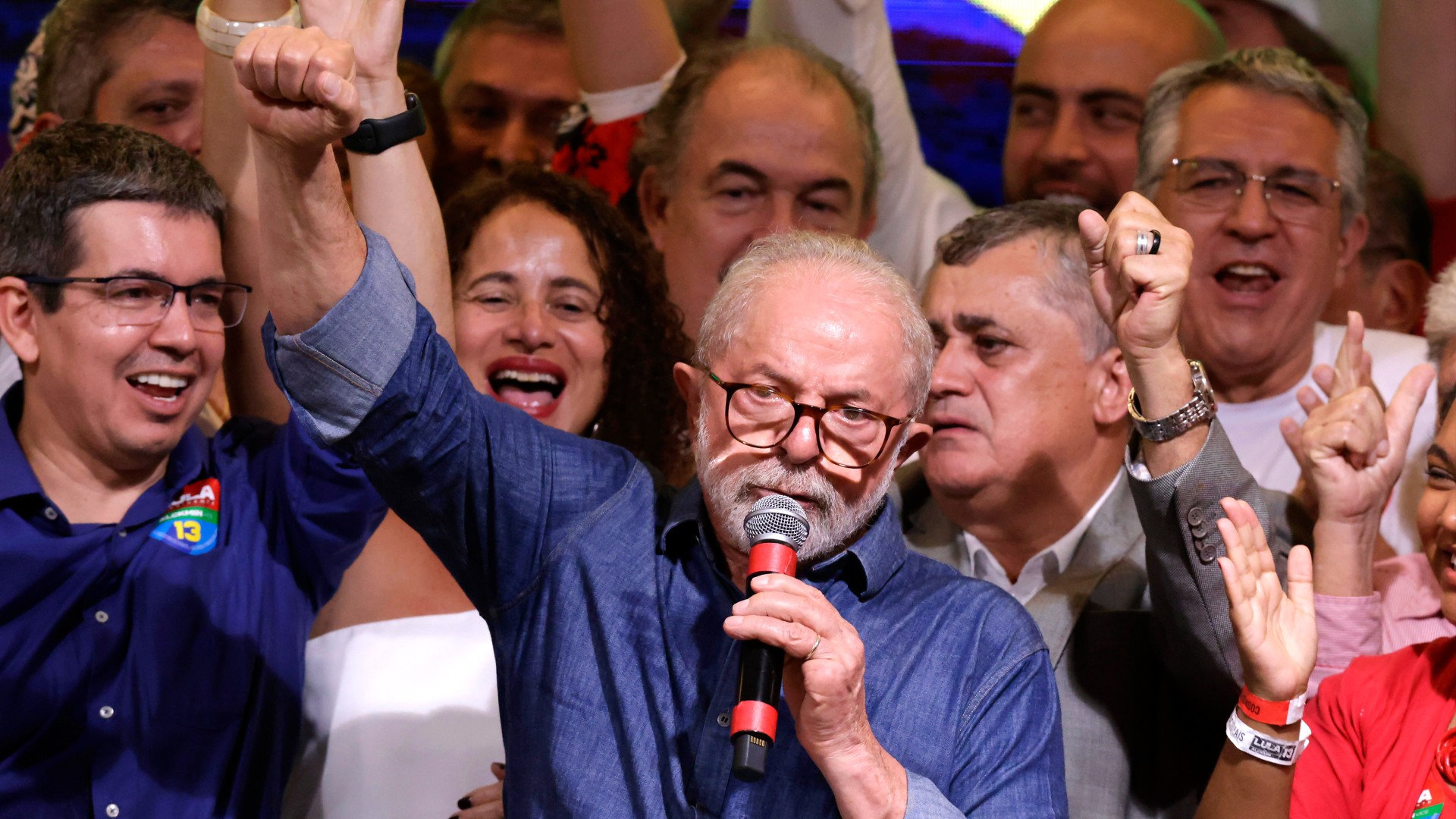
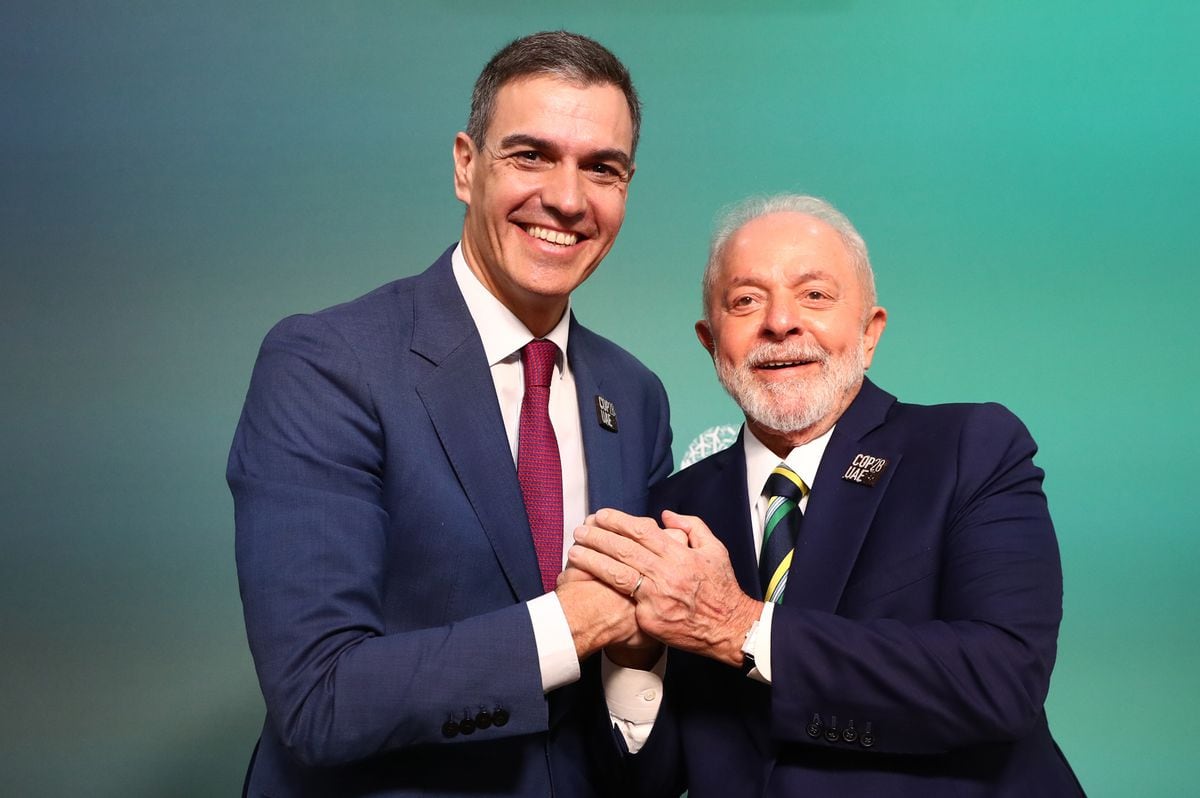
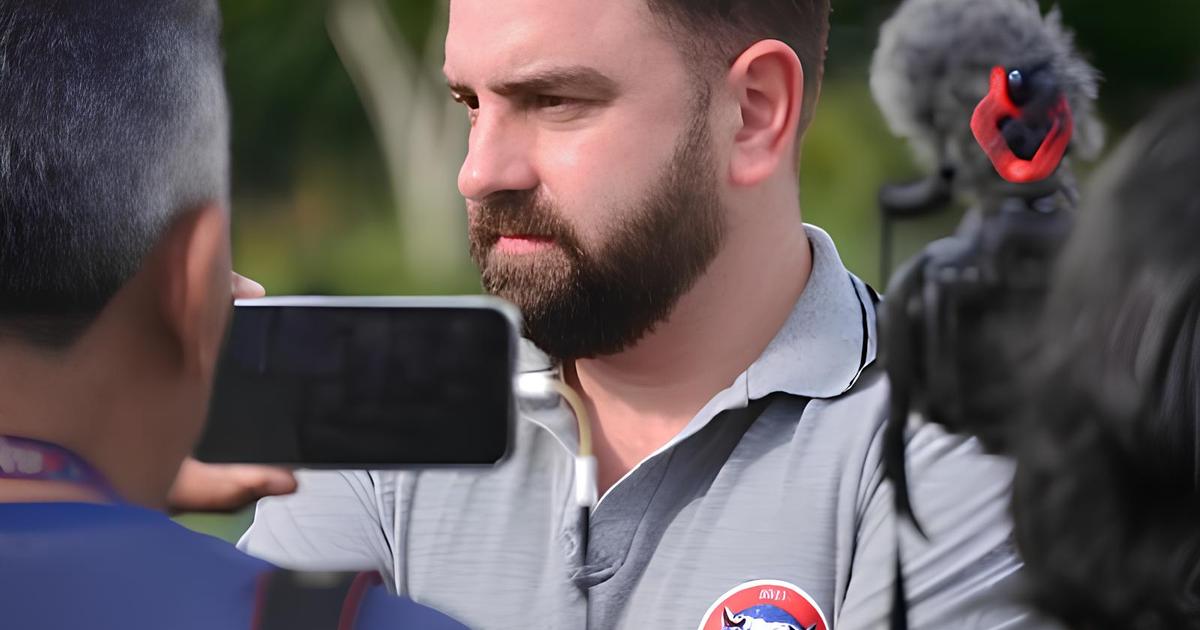
/cloudfront-eu-central-1.images.arcpublishing.com/prisa/RSVSTQFDNZHWVNNUYWZ2MAMOUE.JPG)

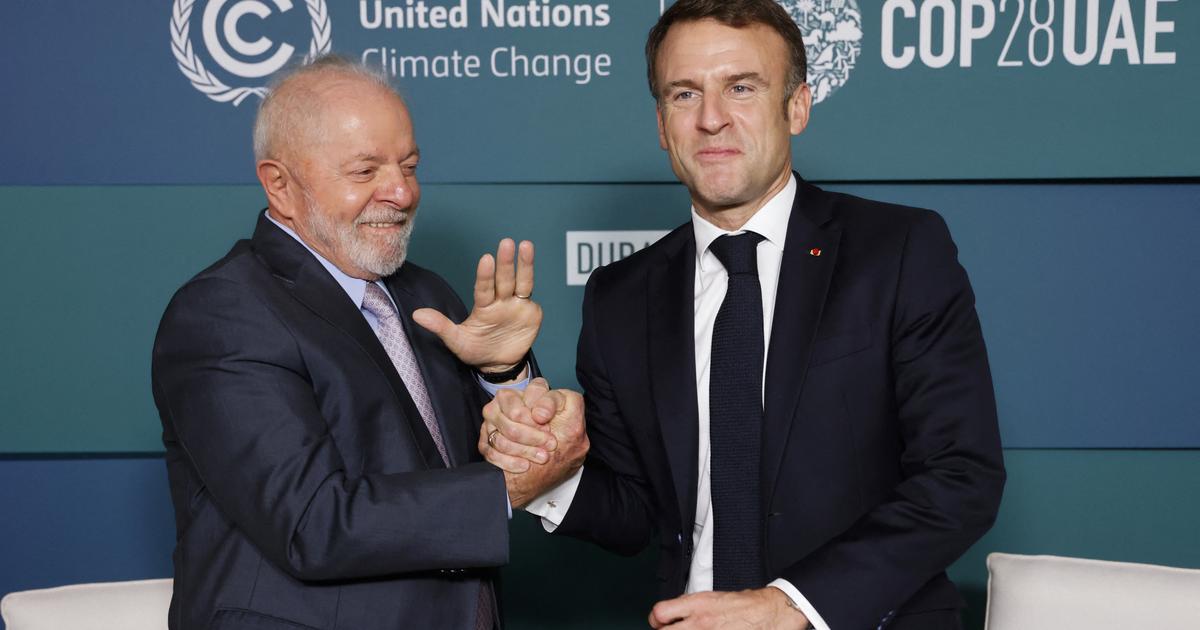
/cloudfront-eu-central-1.images.arcpublishing.com/prisa/U47VQFQW4FGCBFYMTUPCMC5PKE.jpg)
